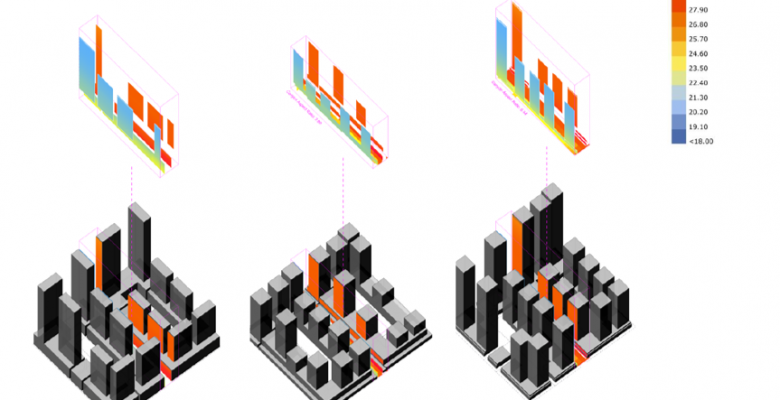City built-form guidelines act as durable constraints on building design decisions. Such guidelines directly impact energy, comfort and other performance conditions. Existing urban design and planning methods only consider a narrow range of potential design scenarios, with rudimentary performance criteria, resulting in suboptimal urban designs. Bibil is a software plugin for the Rhinoceros3D/Grasshopper3D CAD modeler that addresses this gap through the synthesis of design space exploration methods to help design teams optimize guidelines for environmental and energy performance criteria over the life cycle of the city. Bibil consists of three generative and data management modules. The first module simulates development scenarios from street and block information through time, the second designs appropriate architectural typology, and the third abstracts the typologies into a lightweight analysis model for detailed thermal load and energy simulation. State-of-the-art performance simulation is done via the Ladybug Analysis Tools Grasshopper3D plugin, and further bespoke analysis to explore the resulting design space is achieved with custom Python scripts.This paper first introduces relevant background for automated exploration of urban design guidelines. Then the paper surveys the state-of-the-art in design and performance simulation tools in the urban domain. Next the paper describes the beta version of the tool’s three modules and its application in a built form study to assess urban canyon performance in a major North American city. Bibil enables the exploration of a broader range of potential design scenarios, for a broader range of performance criteria, over a longer period of time.

